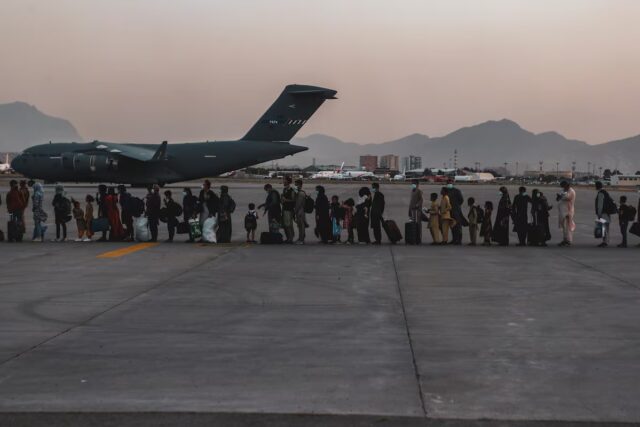For years, the Taliban has faced isolation from the global community, labelled as a pariah state with no legitimacy. Yet, in 2025, this narrative is rapidly changing.
With Russia’s historic recognition of the Taliban government in July, a shift in diplomatic engagement is underway. Countries once reluctant to engage are now finding themselves navigating a complex web of interaction with the Taliban, and it is not just in South Asia. Norway, Germany, and Switzerland have all initiated diplomatic missions in Afghanistan, ostensibly for humanitarian reasons, yet the implications run much deeper.
The broader picture of engagement includes critical logistical coordination for deportations—a process that effectively recognises the Taliban as the de facto authority of Afghanistan. For Europe, grappling with the crisis of illegal immigration, this cooperation serves an immediate political purpose: to curb the inflow of Afghan asylum seekers. However, this seemingly pragmatic approach carries risks far beyond the immediate issue of immigration.
The logistics of deportation require direct engagement with the Taliban—something that cannot be brushed off as mere “technical coordination.” From arranging flight clearances to issuing travel documents, every detail indirectly cements the Taliban’s control over the nation. Germany’s 2024 arrangement to allow Taliban envoys to assist in deportation logistics is a striking example. It is, in essence, the kind of diplomatic recognition that even the most cautious governments would avoid in public discourse.
The economic implications of such coordination are equally significant. Deportations come with financial benefits for the Taliban, particularly through the issuance of passports and IDs. In a short time, the regime has garnered over $26 million from these fees, funds that directly contribute to the Taliban’s economic sustenance. This is particularly important in a country where international sanctions and frozen reserves have crippled the economy. The Taliban’s revenue generation through such “technical” engagements is a lifeline for a regime that remains under harsh economic isolation.
While the world may hesitate to recognise the Taliban, the very act of engaging with them for logistical or humanitarian purposes serves as a form of indirect recognition. The International Human Rights Convention prohibits deporting individuals to places where they may face torture or persecution, placing European nations in a precarious position. They must carefully navigate their obligations to ensure they are not complicit in the Taliban’s abuses. Yet, every deportation arrangement, every document issued, and every diplomatic gesture adds a layer of legitimacy to a regime known for its repressive practices.
Moreover, the humanitarian cost is not confined to Europe. Countries like Pakistan and Iran have also been involved in the forced expulsion of Afghans, contributing to a rising refugee crisis that overburdens an already fragile Afghanistan. The Taliban, in turn, frames this as evidence of its ability to govern effectively, presenting itself as a responsible authority managing its borders and citizens.
In the end, what was intended as a way to curb migration flows may inadvertently become a tool for the Taliban to cement its global position. Each deportation flight, every diplomatic discussion, and the millions raised through passport fees serve as quiet yet potent symbols of the Taliban’s growing influence. In this geopolitical game, what was meant to weaken migration flows could, ironically, strengthen one of the most repressive regimes in the world.
(This article was written by Tisya Sharma, she is an intern at StratNews Global)





